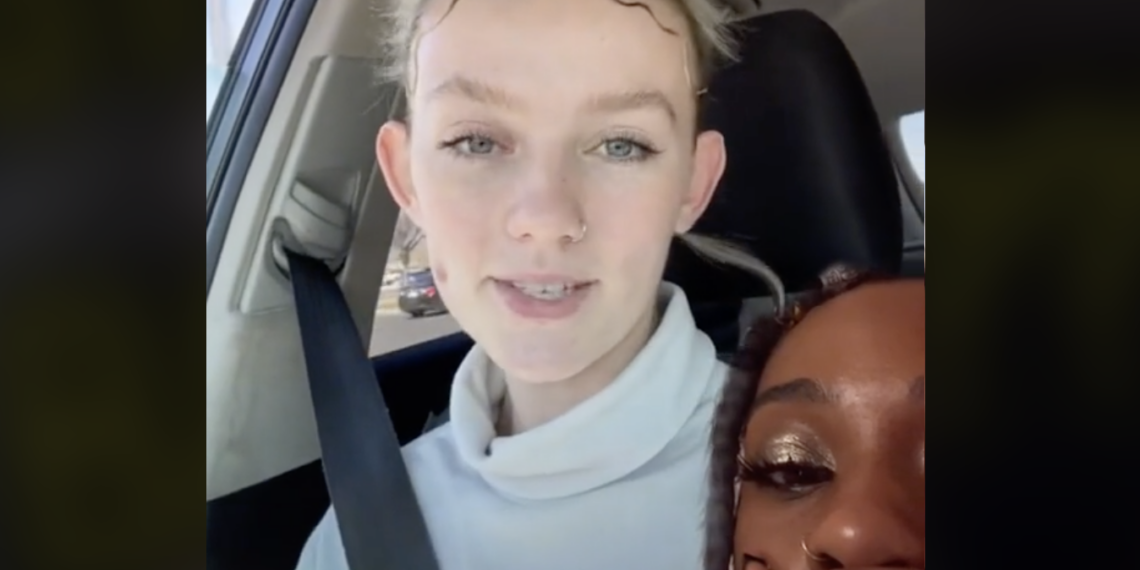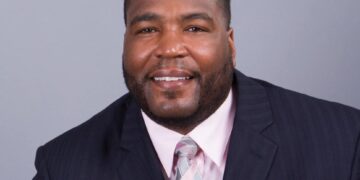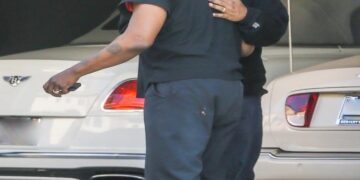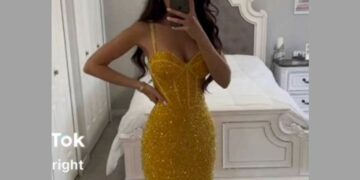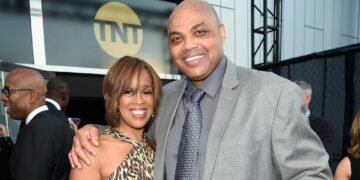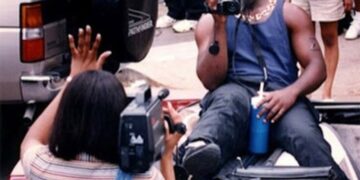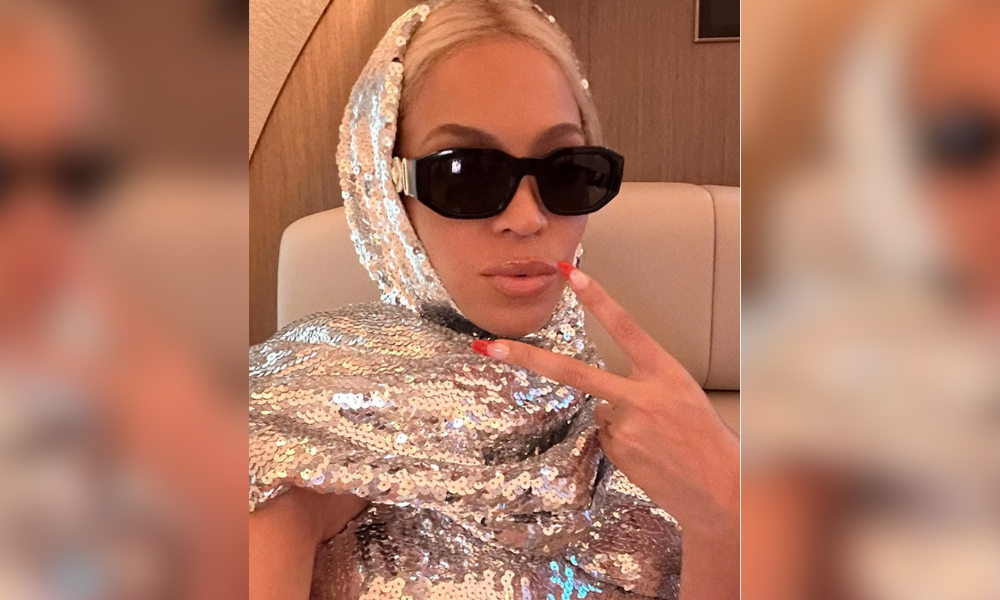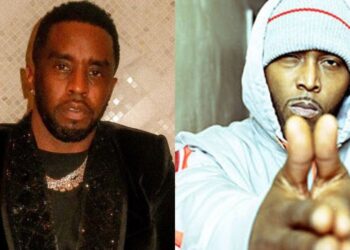A TikTok user who goes by the name of Doonigalli has caused quite a stir on social media after she posted a video flaunting her blonde hair in a ponytail with two faux baby hairs on her forehead, calling them “sticky bangs.”
“So I’ve been doing this hairstyle for the past two days, and I’m just a little bit obsessed with it. So I’ve decided I’m going to make it a trend. I’m gonna call it sticky bangs, and I love it, so if you want a tutorial, just tell me you want one,” she said in the video.
Though Black women have been rockin’ hairstyles with laid edges while perfecting the baby hairs, Doonigalli faced backlash from other Tiktok users, including Alli Fitz. As a result, she posted a video on the social media platform highlighting the TikTok user’s failed attempt at cultural appropriation.
Watch on TikTok
The video had garnered more than 2.4 million views as Fitz accused Doonigalli of taking credit for inventing baby hairs when they had been around long before she debuted her new look.
After the video’s disproval, Doonigalli deleted the TikTok and apologized, saying it was “literally a joke’ and that she ‘was being dumb in the moment.”
Doonigalli isn’t the first white woman to rename a hairstyle that Black women have perfected for decades.
In 2018, Kim Kardashian faced criticism after appearing at the MTV Movie & Tv Awards wearing Fulani braids. Social media users also called out the KUWTK star for wearing cornrows and calling them “Bo Derek braids.”
Since then, she has apologized and explained the controversial hairstyles she had worn in an interview with Bustle, Glamour reported.
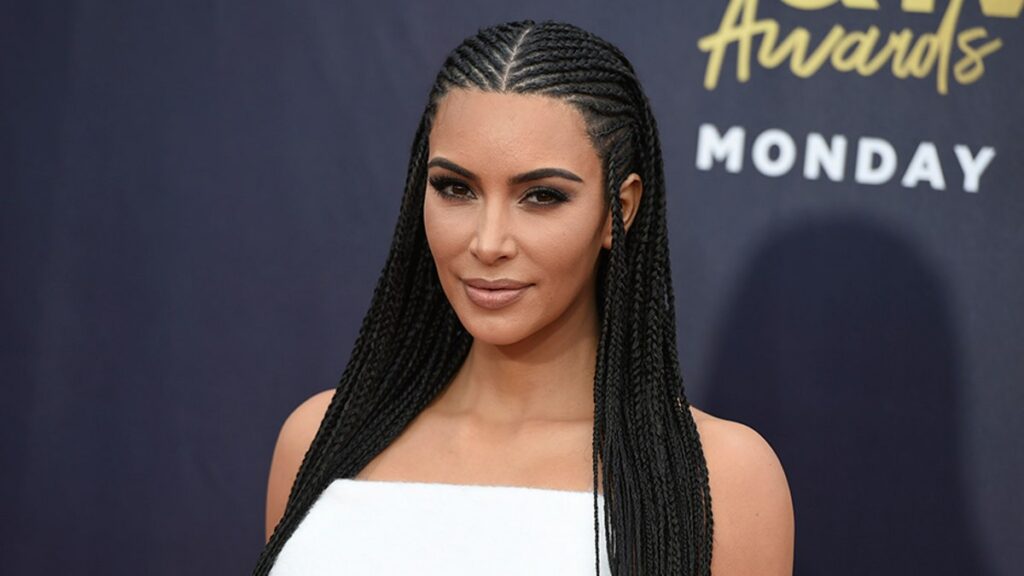
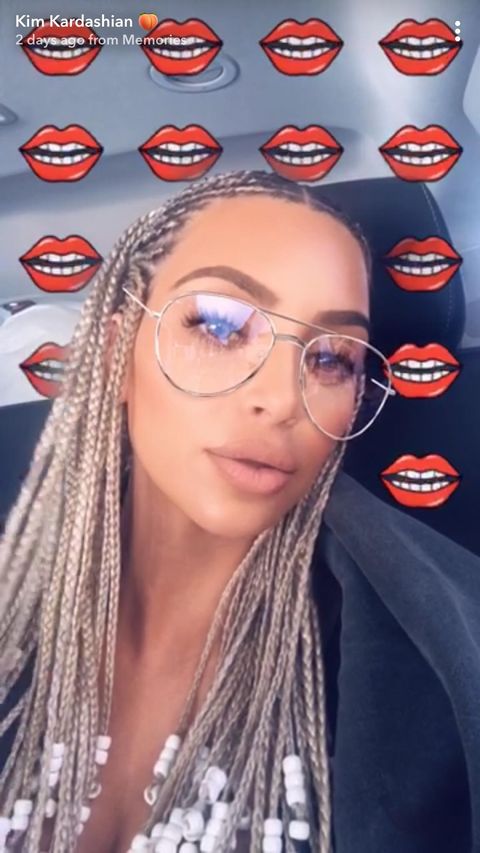
“I [do] remember the backlash when I had the blond hair and that I called them ‘Bo Derek braids.’ But I obviously know they’re called Fulani braids, and I know the origin of where they came from, and I’m totally respectful of that. I’m not tone deaf to where I don’t get it. I do get it,” she said.
Kardashian went on to say that she wanted to pay tribute to the history of Fulani braids while uplifting her daughter North and her biracial hair.
“Maybe if I had come out and explained that from the beginning instead of calling them ‘Bo Derek braids,’ then it wouldn’t have gotten such backlash,” she said. “But in no way am I ever trying to disrespect anyone’s culture by wearing braids. If anything, my daughter was so excited to see me get matching braids with her. [When] we did her hair in these braids, she was so excited.”
Black women have been demonized for wearing protective hairstyles such as braids, passion twists, and other creative dues to protect their natural hair. However, they have faced discrimination for wearing hairstyles deemed “inappropriate” in the workplace. In 2019, Sen. Cory Booker (D-NJ) introduced a federal bill called the CROWN ACT bill to protect those wearing “protective hairstyles associated with people of African descent.”
“Discrimination against Black hair is discrimination against Black people,” Booker said. “Implicit and explicit biases against natural hair are deeply ingrained in workplace norms and society at large. This is a violation of our civil rights, and it happens every day across the country.”

